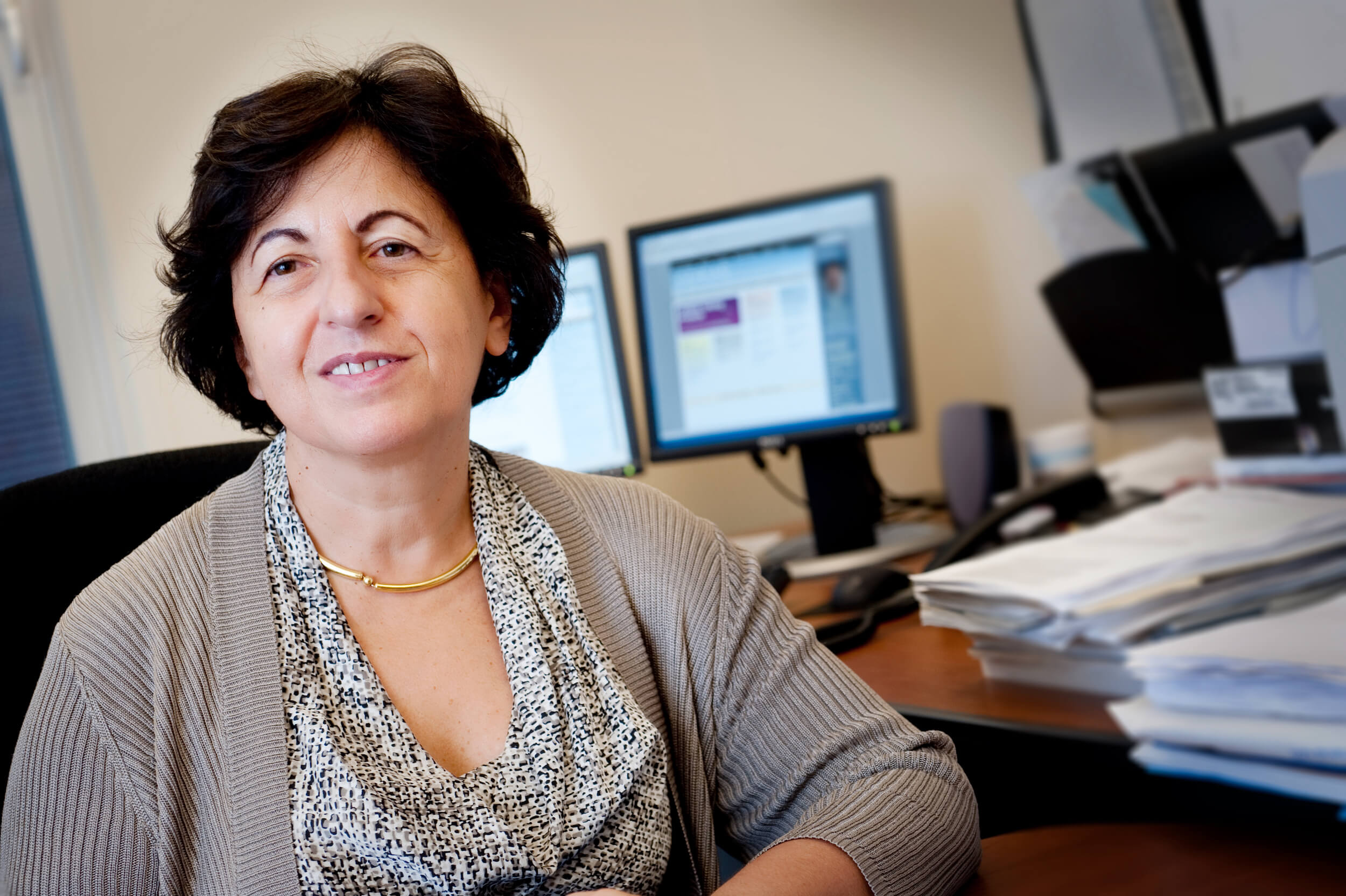Bertino earns recognition with College of Science Faculty Research Award
03-07-2023

Purdue University's College of science will hold the Faculty Research Award Ceremony on Thursday, March 9 from 3-4:30 p.m. in STEW 214 A,B,C,D.
The awards will honor Elisa Bertino, Samuel D. Conte Professor of Computer Science. Her talk is titled, The Security of Cellular Networks: As the world moves to 5G cellular networks and next-generation is being envisioned, security of cellular networks is increasingly critical. To that end LTEInspector, a model-based systematic testing approach for cellular network protocols combines a symbolic model checker and a cryptographic protocol verifier in the symbolic attacker model. Using it, 10 new attacks have been discovered along with 9 prior attacks, categorized into three abstract classes (i.e., security, user privacy, and disruption of service), in three procedures of 4G LTE.
Two other researchers from the Department of Chemistry and the Department of Mathematics are also being honored.
- Julia Laskin, William F. and Patty J. Miller Professor - Analytical Chemistry-Mass Spectrometry: From Materials Science to Biology: Mass spectrometry is a powerful analytical technique with applications ranging from forensics and environmental sciences to drug discovery and biological research. New experiments are developing approaches for preparing uniform layers of well-defined active species on surfaces using soft-landing of mass-selected ions. These experiments harness the potential of mass spectrometry as a preparative tool that enables the precise control of ion composition, charge state, kinetic energy, and coverage.
- Guang Lin, Professor of Mathematics and Mechanical Engineering-Machine Learning for Applications in Science and Engineering: Machine learning can be used to develop interpretable, robust trustworthy data-driven models, and physics-informed neural networks with emphasis on discovering physical laws from noisy data in diverse applications. Examples include, developing an integer-order COVID-19 epidemic model and a fractional-order COVID-19 epidemic model to forecast the transmission dynamics of COVID-19 in New York City and introducing an innovative data-driven modeling approach for causal model discovery, and personalized prediction in Alzheimer’s disease.